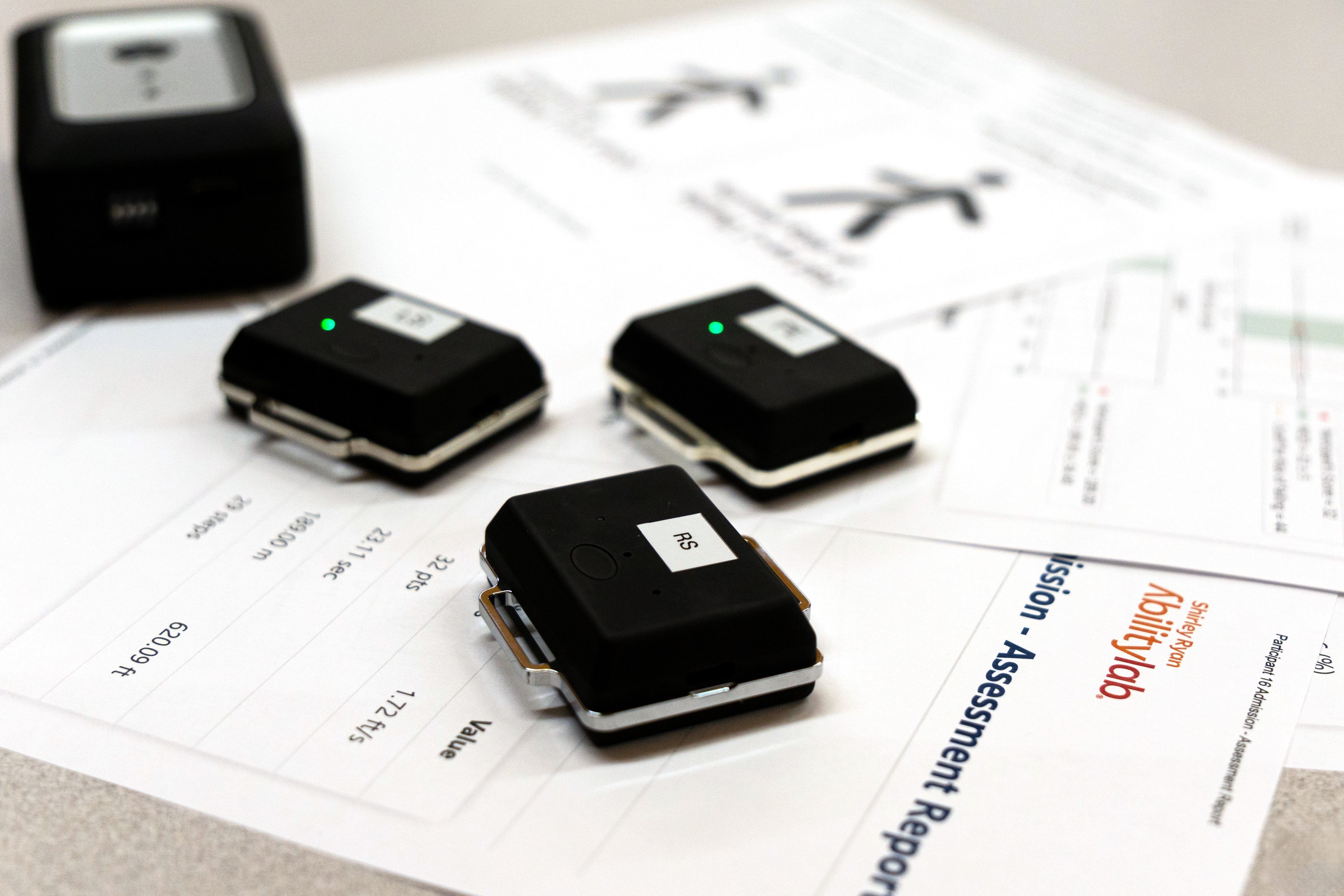Overview
Body
A large proportion of stroke survivors (up to 80%) experience considerable gait deficits, including reduced walking speed and asymmetrical gait patterns, which limit their capacity for community ambulation. Conventional clinical outcomes for measuring gait are not sensitive enough, and lack sufficient resolution to detect subtle, impairment-based changes occurring during the recovery process. Furthermore, these methods are subject to inter- and intra-observer variability, making it difficult to titrate therapeutic and clinical treatment and to design patient-specific, progressive therapeutic strategies to maximize recovery.

The goal of the STARS project is to develop machine-learning algorithms that quantify impairments and function that impact gait and balance, using datasets obtained from advanced wearable sensors in individuals with stroke. We hypothesize that wearable sensors can provide continuous, multidimensional, quantitative signal that identify gait impairments related to function and detect changes in these impairments over the course of recovery. This approach will enable clinicians to objectively and continuously track systemic and treatment-based recovery across the continuum care, by understanding the underlying impairment that influence functional outcomes. This will ultimately provide improved care that enhances patient recovery.
Subject Population
Body
- Individuals diagnosed with stroke admitted to the Shirley Ryan AbilityLab (inpatient), or individuals in the community who had a stroke
- Age 18 or older
- Able and willing to give written consent and comply with study procedures
Study Personnel
Mentioned Profile

Arun Jayaraman, PT, PhD
Scientific Chair, Technology & InnovationFunding Source
Body
National Institute for Disability, Independent Living, and Rehabilitation Research
Participation
Body
Want to participate in this study? Fill out this interest form.